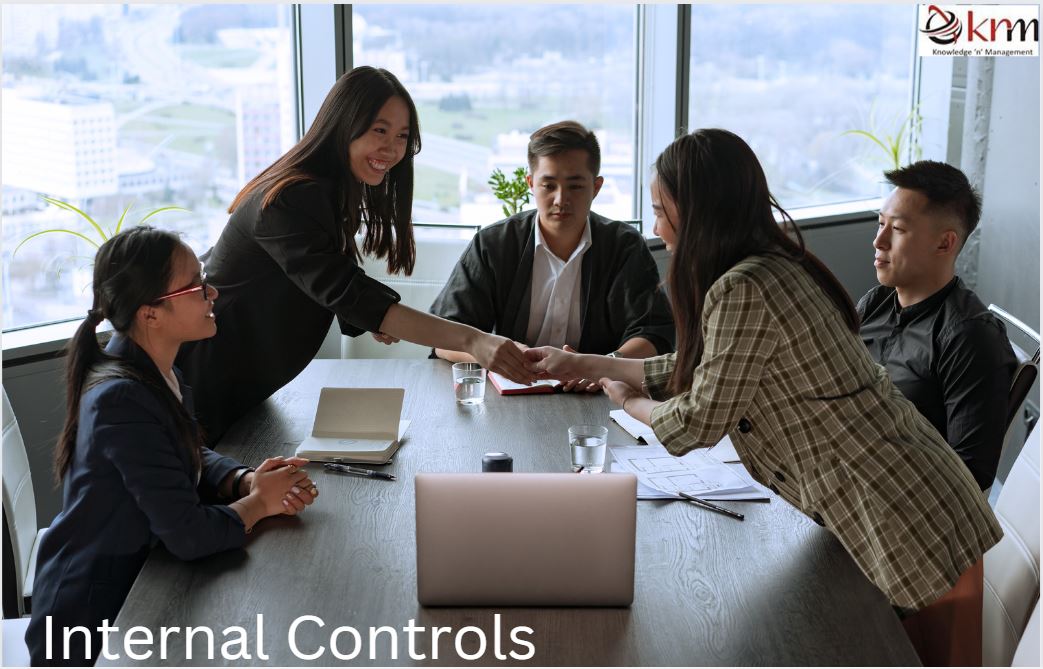Very little importance has been given to internal controls in most companies but the management should emphasize strengthening the same so that the processes are followed and deviations highlighted. If the deviations and loopholes are highlighted in a timely manner, many major issues can be avoided and chances of fraud and pilferage are reduced.
What are Internal controls?
Internal controls are procedures and controls implemented by an organization to increase the reliability of financial reporting, increase the efficiency of operations and ensure compliance with applicable laws and regulations. Such controls can be applied in every major area of functioning such as stocks, accounts receivables, production, etc.
Standard Operating procedures
It is advisable to keep Standard Operating procedures documented. Such documentation allows companies to track their processes. It makes the testing process simpler. It also benefits the companies internally in time of handovers which becomes easier, smoother, and more organized. Internal controls can be tested and validated by checking to see if specific process steps (such as approval signatures) were followed. Publicly traded companies are required to have robust internal controls and validate this in their annual financial reports. The requirement is not so stringent in the case of private companies, but it is a good practice that will help the testing process.
The Process
The testing of the robustness of internal controls and their effectiveness has a direct impact on the accuracy of financial statements. This is a specialized and customized process and KNM Management Advisory Services Pvt. Ltd has a well-equipped and highly experienced staff to conduct end-to-end compliance.
The following internal control activities are generally possible in the workplace which encompasses all employees irrespective of their job responsibilities.
Segregation of Duties
Duties should be divided among different employees to reduce the risk of error or mismanagement. For example, responsibilities for receiving cash or checks should be separated from accounting duties.
Authorization and Approval
Transactions should be authorized and approved to help ensure the activity is consistent with departmental or institutional goals and objectives. For example, a department should have a policy that all purchases above a certain amount must be approved by the director. The incorporation of well-thought-out internal controls can reduce the chances of errors and misdoings by employees.
Reviews
Reviews are conducted keeping in mind compliance and operational issues. It involves cross-checking transactions or records of activities conducted in the business. Reconciliations are an important part of reviews. This ensures that the transactions are recorded in the correct account and for the right amount.
Physical Security
Assets such as equipment, cash, and inventory should be physically secured and verified with the books of accounts on a regular basis. This ensures the physical security of the assets and is an integral part of the Internal control testing process.
Thus it flows that internal controls are extremely important to every organization whether big or small. Also, the controls should be built such that there is clarity of roles and processes. Testing the controls should be done on a regular basis by specialized firms for maximum efficiency.



